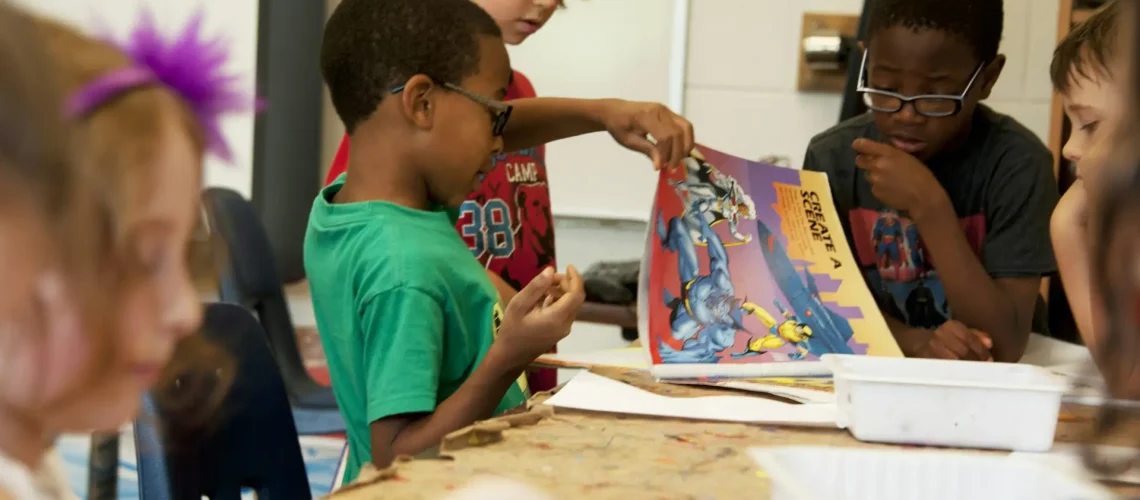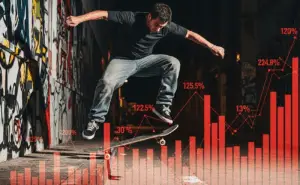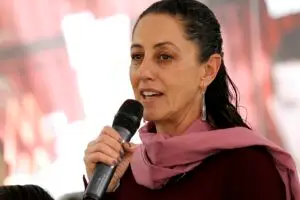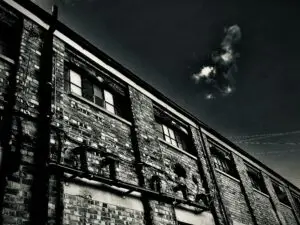About a year ago, we came to Germany, and soon after, my daughter had to attend the local elementary school in our district. When my ex-wife and I brought her to school on the first day and walked home together afterward, I told Liza that there would be problems in this school for our daughter. Liza looked at me inquisitively. At first glance, the foreigner ratio in this school is 60-70%, and these are not long-established migrants who have been living in Germany for generations, but mostly children of refugee families. This poses a lot of conflict potential on various levels.
In my daughter’s class, there are 4 German children (out of 24). All others have a migration background. Last year, there were several incidents of violence in the class, and my daughter came home with bruises, and at the end of the year, even with a bruised rib. The parent committee chairman told me at the end of the school year about a violence and conflict problem at our elementary school that needs to be addressed. He asked me to write to the school management and the school authorities. Their response was delayed and, let’s say, unsatisfactory.
Yesterday, as the class parent representative, I had a team call with the other class parent representatives, the new parent committee, and the new school management. They see the COVID time at home as one of the main causes of the violence problem at our school. The problem is a general issue in Bavarian schools and nothing extraordinary. A consequence of the COVID time at home. The school management presented its solution concept and even wants to build a real “peace bridge“.
In the following question round, I wanted to know if they had thought about the causes of the problem. A bewildered shrug followed. Could media consumption be a cause? What about training in media literacy? I asked. Shrugging. You have to start somewhere, said the school principal.
But the problem could be a completely different one…
My grandfather was involved in the Second World War, including the landing in Crete, where the Wehrmacht had 6900 fallen soldiers to mourn. My mother was born in 1947. He regularly beat her and my grandmother and often had a very quick temper or a “short fuse,” as someone from the parent committee recently mentioned regarding an aggressive student.
In 1989, during my service on the inner German border and joint patrols at the border, I met a US soldier, and we became friends. Puerto Rican Mike Alvarez was a non-commissioned officer and tank commander in the 2/2 Cavalry Regiment of the US Army. He was a very lively person who laughed, sang, and occasionally performed a Latino dance on every occasion. Sergeant Alvarez took his job very seriously, but life even more so. Frohnatur would aptly describe this man. At that time, he had a daughter and a son. In early 1991, Mike had to go to the Iraq War and was away for 9 months. Meanwhile, his third child was born, and I took care of his family in Germany. When Mike returned, he was a different person. He no longer laughed and often just stared silently. It took a while for Mike to open up to me and tell me about the terrible things he had experienced and seen. His unit, the 2nd Cavalry Regiment, was the spearhead of the US invasion of Iraq and was deployed at the forefront in the first line. I don’t want to share the scenes he described with you.
A few years later, Mike was back in the USA. He couldn’t continue his military service and quit. We stayed in touch, and I decided to visit him spontaneously when I was in the USA again. I found an alcoholic with a broken family. The younger two children were completely disturbed. His son had problems in school, including violent outbursts against classmates. The 5-year-old youngest daughter sat next to me on the couch and stared at me silently. When I asked her what was wrong, she replied that she had to make sure no blood ran from my ear.
On September 11, 2001, I stood not far from the World Trade Center on the street and saw people jumping to their deaths. At some point, the North Tower collapsed. The people around me freaked out. Some sat crying on the sidewalk. Others screamed hysterically. Others lay in the middle of the street and knocked with both hands on the asphalt. I had several friends in the building. One of them was at Cantor Fitzgerald, the company that lost 95% of its employees that day. He also lost his life that day. Probably, he jumped to his death in an attempt to escape the flames.
I know what PTSD feels like, even though I experienced only minor things compared to others. It took me years to process what I saw (and felt). Twenty-two years later, I’m still not done with it.
Now, about our elementary school, a hotspot, as the Laim pediatrician aptly called it, who examined my daughter after 5 boys attacked her, kicking her in the ribs and stomach while she was already helplessly lying on the ground. All five have a “migration background.” One comes from Iraq, one from Kurdistan (Northern Iraq or Syria), the other from Syria, and the other two from the former Yugoslavia. All war zones.
Another time, my daughter came home with bruises. The boy who kicked my daughter comes from Afghanistan. His father passed away. Who knows what his family has been through? These are 6 children at our school who have become excessively aggressive. I don’t know the other students and their stories and don’t want to draw premature conclusions (and still make a hypothesis).
We left Russia because of the war, as I believe Putin is a fascist. Because suddenly propaganda was taught in my daughter’s Russian school, telling her that Germany and the West are bad. Because you could no longer express your opinion without fearing the FSB (the equivalent of the Stasi). I also left because I was afraid of what the soldiers would bring back home. The horror they experienced.
Unfortunately, I found an apartment in a Munich district where many families live who have fled from the horrors of war and have gone through terrible experiences. Many still carry what they experienced even years later and don’t get professional help, because we pampered Westerners naively look at the causes of their problems with our eyes and don’t see the suffering.
I don’t know if “building bridges” helps these families deal with the traumas of the past… “but you have to start somewhere”… Just my 5 cents. You don’t say anything; you just talk, we say in Bavaria.






